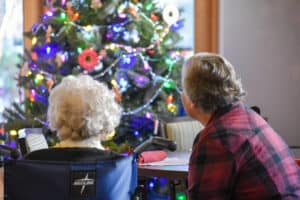
Recently, I got a book out of the library called How to do Nothing by Jenny Odell. In this hyper-busy world we live in, I was interested in Odell’s take on slowing down, not being so focused on efficiency and productivity, and also her belief that social media robs us of attention and makes us more anxious. Many of Odell’s observations were spot on, and I agreed with much of what she said. There was one quote in the book, however, that I still can’t get out of mind: “The concept of self-reliance has always relied on something else.” Sit with that a moment.
This quote, in my opinion, is nothing short of revolutionary in a country that holds the idea of individualism as sacrosanct. How many times have you heard phrases like, “If I can do it, anyone can;” or, “If you don’t take care of yourself, who will?” We live in a society that upholds and celebrates every person for themselves, often at the expense of the community. I have come to believe that this does us all a disservice. Perhaps this is why the US Surgeon General just last month issued an advisory about the epidemic of loneliness and isolation in the United States.
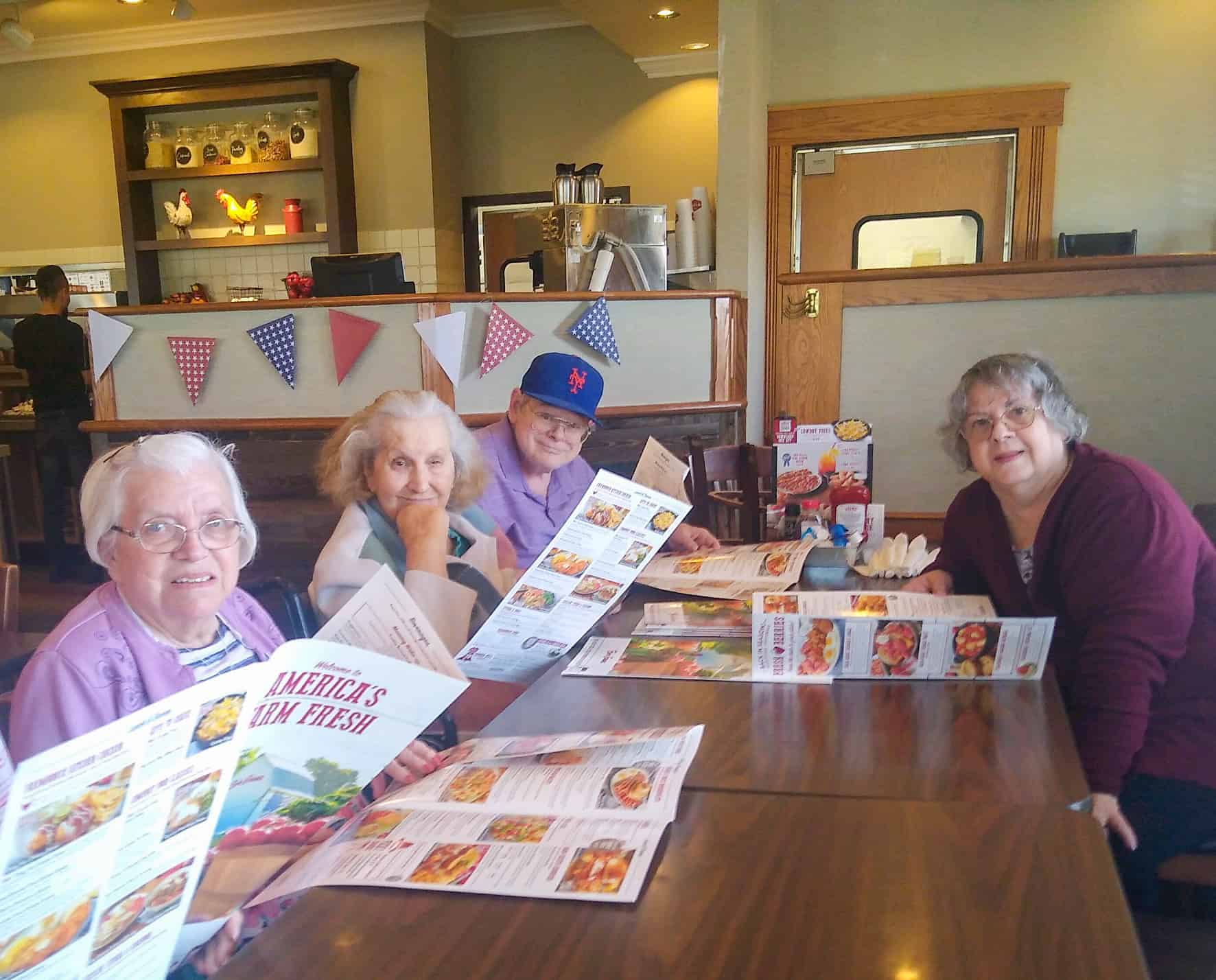
In his book Outliers, Malcolm Gladwell comes to the conclusion that, “What we do as a community, as a society, for each other, matters as much as what we do for ourselves.” And here is where I want to settle for the remainder of this post: the importance of community, of allowing people to help us, of doing for others, of realizing that no person exists in a vacuum (remember that phrase “No man is an island?”), and getting out of this mindset of, “If I’m ok, and my property/family/rights are ok, that’s all that matters.” It is not all that matters.
Why? Because everything is connected. Because being human means being relational. This is not to discount people who need alone time to recharge, or to make folks who don’t consider themselves a “people person” to be subjected to nonstop group activities. This misses the point. The point is that we come into this world as dependents, and during the course of our lives, seem to do everything possible to absolve ourselves of the notion that we need anyone to survive. We isolate ourselves in the name of independence, and, I would suggest, out of fear.
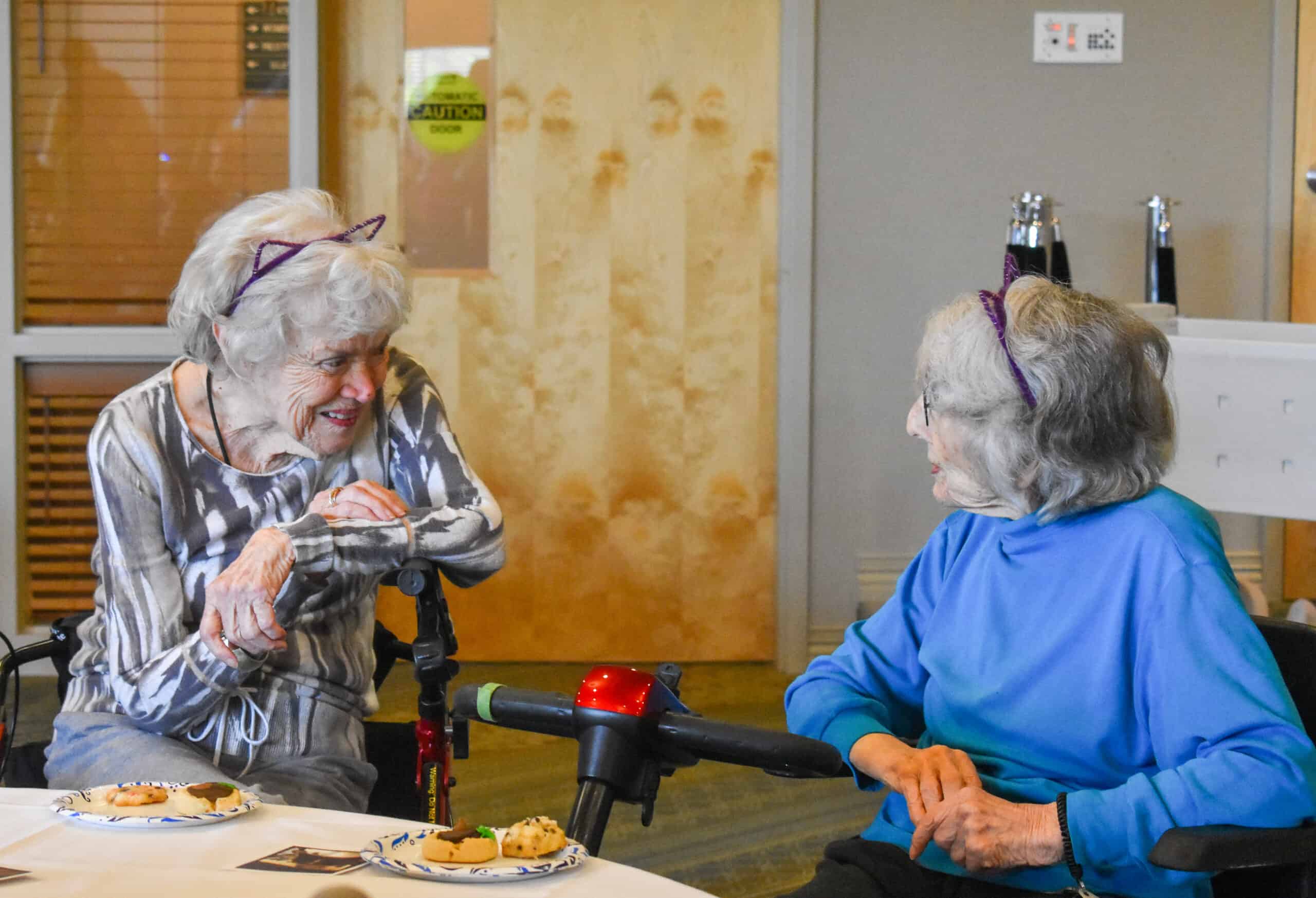
I would like to suggest that there is a difference between “dependence” and “interdependence.” Some of us are truly dependent on others for our life care. Help is needed to eat, to get around, to keep ourselves clean, get dressed, etc. There is nothing shameful or undignified about this. Many more of us, though, are interdependent – we rely on one another. We seek assistance for something, and we give assistance to others. It is a neighborly way of living, to accept that we co-exist and that we are all in this together. Rather than allowing politics or orientation or race to divide us, we let our humanity unite us. Our humanity trumps all else.
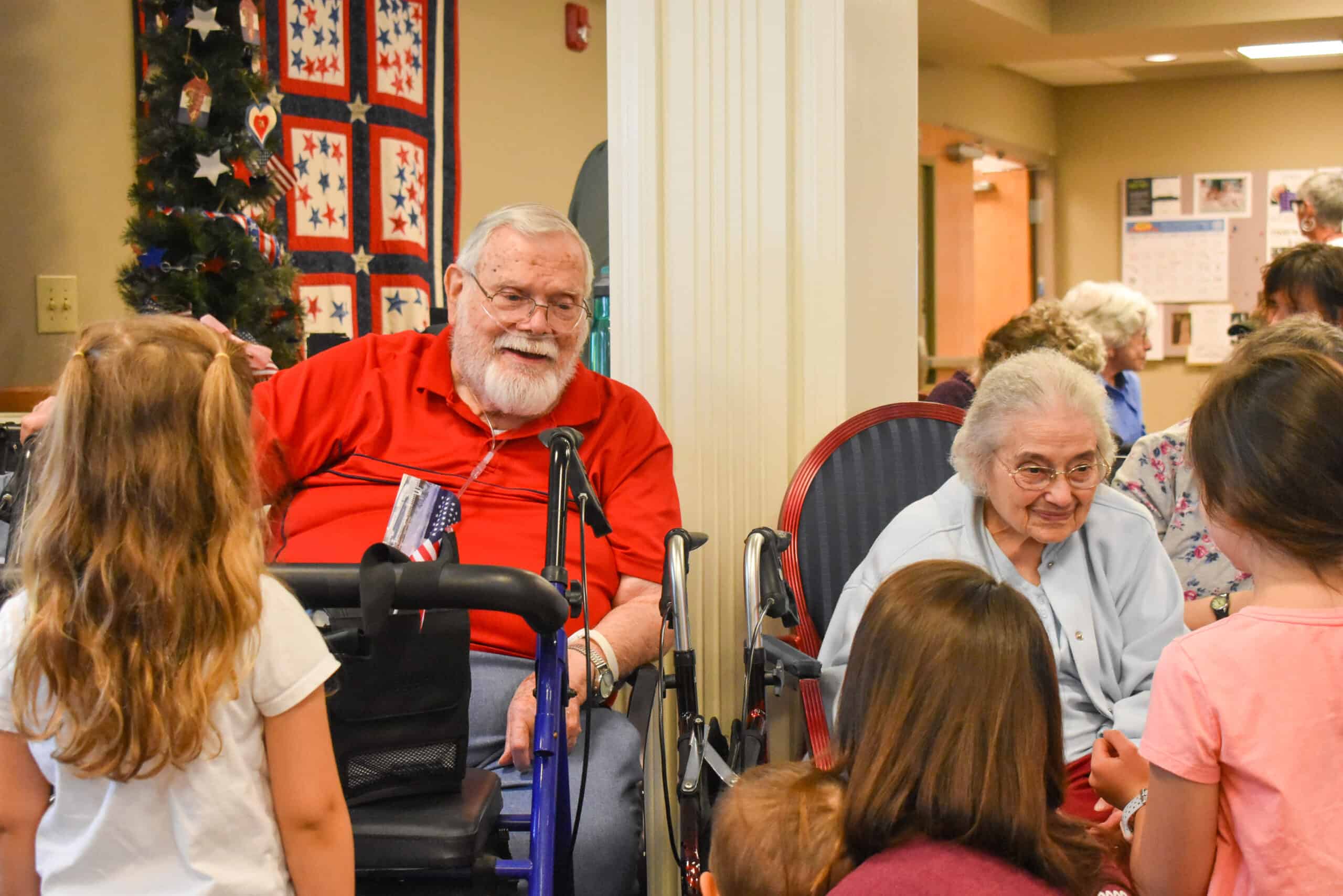
In our Willow Brook communities, we often see residents who hold on to their independent homes and apartments as if they are a lifeline, despite the fact that these residents are no longer able to maintain a high quality of life “on their own,” which itself is a misnomer. Most folks have family and friends helping them out, have their meals cooked by someone else, and have help going to appointments or cleaning their living spaces. Folks believe that to admit that further help is needed is to admit defeat, to become less-than, to no longer be “independent” even though, like Jenny Odell’s quote from the beginning of this piece, “The concept of self-reliance has always relied on something else.” In other worlds, none of us are truly independent. We all rely on other things, other people, to exist. There is no shame in embracing our humanity. There is nothing embarrassing about assisted living; we’re all living with assistance in one form or another. It isn’t humiliating, it’s humanity. It is a gift.
This week, if you have moment, here is some food for thought: Might our lives be better if we rethought our approach to independence and acknowledged the beauty of interdependence? If we prioritized the necessity of connection? In a world that values pulling oneself up by the bootstraps at all costs, may I help you get your boots on?

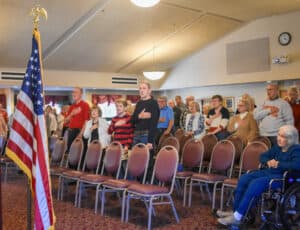
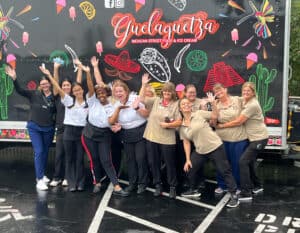
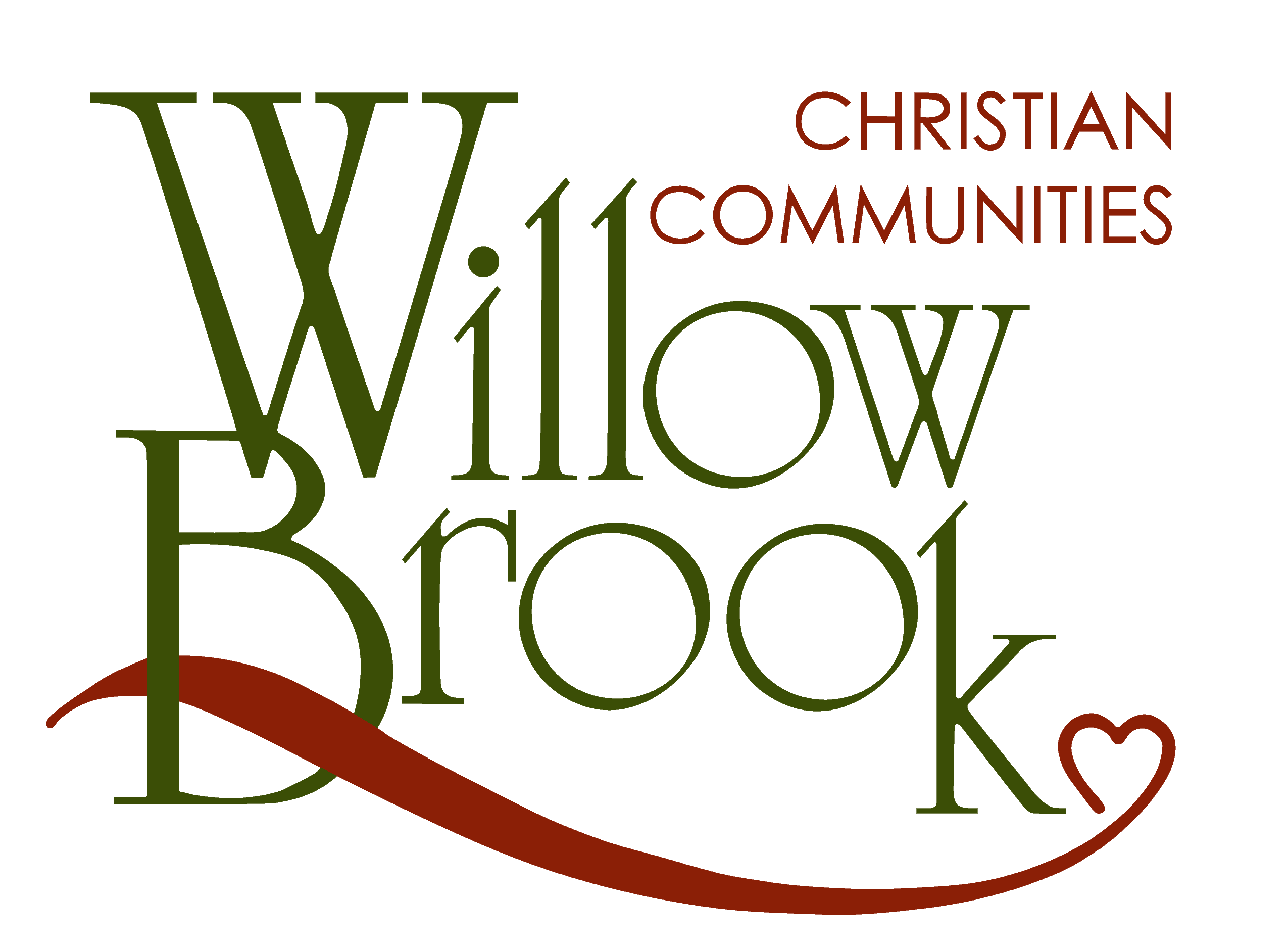
One thought on “Rethinking Our Approach”
Thanks, Cathy. I totally agree with you. I saved one of the Prayers of Confession from church that asks for forgiveness when we value independence over community.